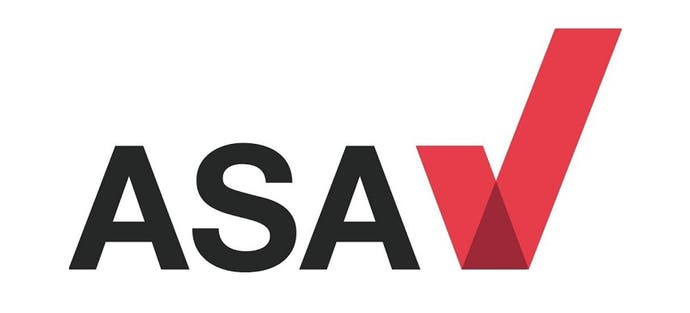ASA issues new guidance to tighten rules on ads for in-game spending
Premium news.
The UK's Advertising Standards Authority has tightened some of its guidance around the advertising of in-game spending.
This new guidance covers adverts which might appear via in-game storefronts or platform stores as well as general advertising for games, and is aimed at stopping adverts which might mislead consumers on the existence and price of microtransactions, how items might affect gameplay, and pressure you into a purchase.
However, the ASA conceded a difference in games which allow you to only purchase a premium currency, rather than ones which let you earn some of it too. The conclusion was that the ASA would treat games differently which view an in-game currency as a direct analogue to real-world money.

For those games which do only offer a premium currency via real-world money, the ASA says adverts for purchases made with that premium currency must make clear how much that is actually worth.
So, for example, an advert for a new skin you buy for 2000 Gems should also provide a pound or dollar equivalent for that amount. Or, if you already have a balance of 1000 Gems, for example, how much the remaining balance of 1000 Gems will cost you to complete your purchase.
Games should make clear in advertising if they require you to spend at least a certain amount (say on £5's worth of Gems) just to buy a virtual item worth less (leaving you with a leftover balance). Misleading tags ("best offer!" "most value!") and FOMO-inducing countdown timers are also a no-no.
When it comes to loot boxes, advertising must make it clear if they exist in a game, with a notification on store pages at a minimum. But the ASA admitted it was not able to overstep its jurisdiction here.
"The organisation responsible for determining whether random-item purchasing is a form of gambling is the Gambling Commission, and changes to the law surrounding this definition are subject to work by DCMS," the ASA wrote, adding that it was "not entitled to make a determination about whether random-item purchasing constitutes gambling or should be treated as such".
However, the ASA acknowledged the many responses to its consultation on the new guidelines from the games industry which highlighted the risk of harm from spending on gambling-like loot boxes, and said this would be a factor in how it viewed cases.
The ASA has said it will deal with complaints "on an informal footing" for up to six months, as the new guidance settles in. After that, it will return to its "usual procedures" for pursuing cases formally.
"This is huge and will require significant shifts in current industry practice," legal partner Peter Lewin wrote today, in response to the ASA's new guidelines.
While the ASA cannot fine companies itself, Lewin concluded, it has a track record of affecting change by simply naming and shaming offenders. After that, it is able to refer cases to regulators to take further action if necessary.

